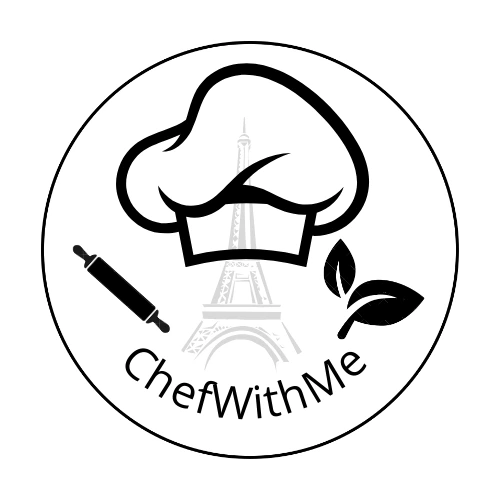On the internet, there is a vast array of suggestions available for those who do not have the desire or the budget to hire a wedding planner. These include choosing the venue, decorations, music, program, and menu, as well as the selection of wine. At weddings, people tend to consume more alcohol than usual, even those who are usually disciplined. This makes it important to strike a balance between quantity and quality when choosing wine. The choice of wine recommendations is just as significant as the selection of food or the arrival of the newlyweds in a hot air balloon. From the drinks reception to the after-dinner drinks, guests, whether wine connoisseurs or not, will be looking out for any missteps. With that said, here are some tips to impress your guests with your wine recommendations without breaking the bank.
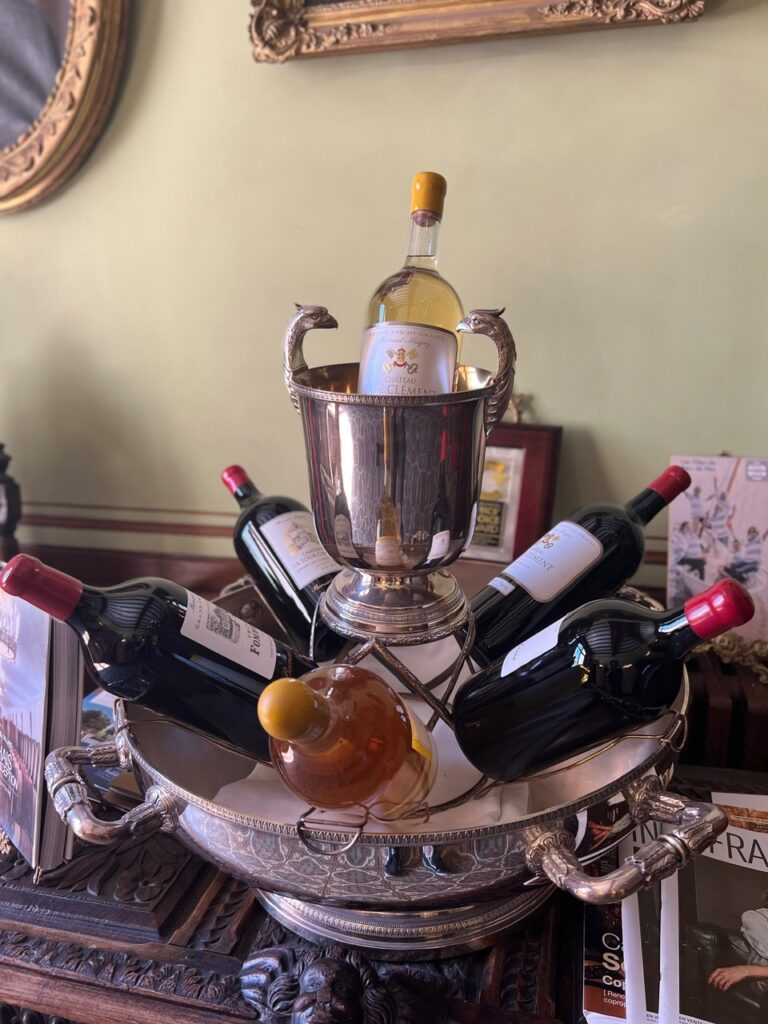
Anticipating the Wine Selection
When planning a wedding, selecting the wine is a crucial task that should be prioritized after booking the venue and caterer. It is essential to have enough time to make the right choice and avoid impulsive decisions that may lead to disappointment. Before wine recommendations and to start, it is important to consider your personal taste and preferences. You can visit wine shows, merchants, and vineyards to discover some excellent options. After making a first selection, you can create a shortlist of wines that will suit the occasion best. Consider organizing small tastings with your partner or trusted family and friends to make a final decision. To save money, it is best to choose vineyards that allow direct purchase as prices per bottle may be significantly lower than buying through intermediaries.
Calculating the right amount
Calculating the right amount of drinks for a wedding can be a daunting task as it’s hard to predict how much guests will consume. It’s important to avoid running out of drinks during the festivities, which can leave a lasting negative impression on guests. The inverted pyramid principle can be applied to determine the quantity of drinks needed for the wedding. More champagne should be provided, followed by a slightly lesser amount of red and white wines, and a limited quantity of dessert wines and spirits.
On average, each guest will drink three glasses of champagne, two glasses of white wine, two glasses of red wine, and one glass of wine with dessert. This can be a daunting figure, but there are ways to minimize the risk of running out of drinks. Opting for larger containers such as magnums (1.5 liters) or jeroboams (3 liters) can be more economical and visually impressive. Offering additional drink options such as beer or pre-mixed cocktails can also be a wise choice. It’s important to consider the temperature as well. In hot weather, it’s recommended to provide more drinks and double the quantity of water, flavored with lemon, fresh mint, and ice, to create a refreshing mocktail at a lower cost.
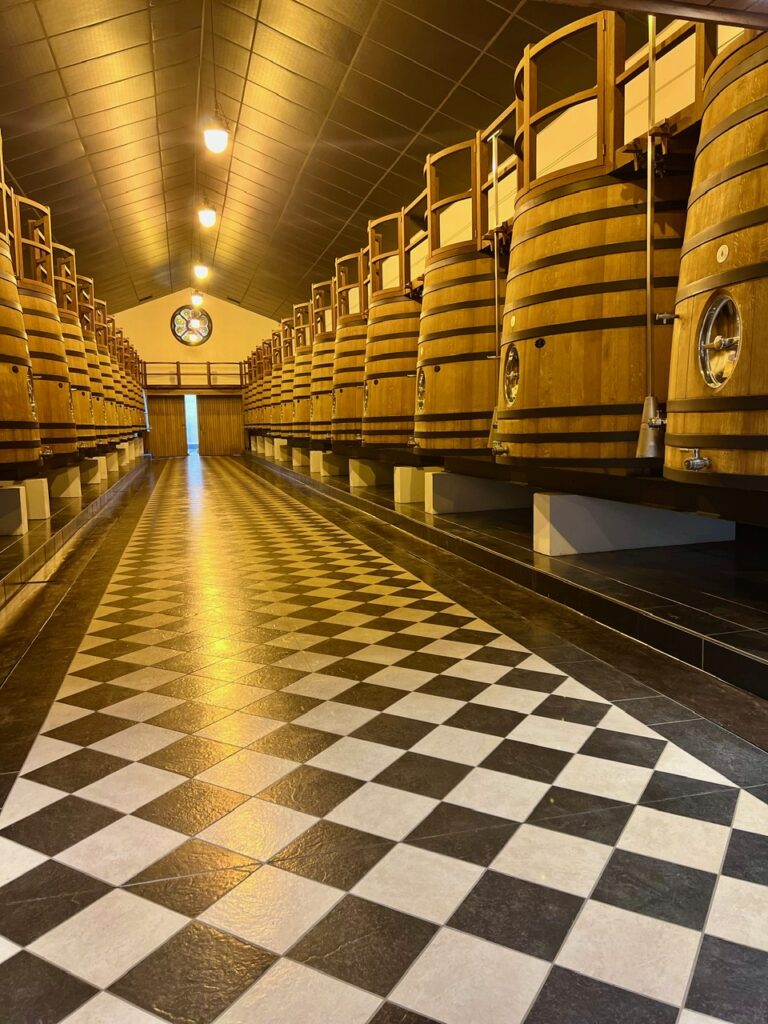
Selecting the Right Champagne
The champagne served right after the church or town hall ceremony sets the tone for the rest of the day. It should strike a balance between being not too sweet, not too acidic, and not too generic. Non-vintage brut, brut nature, and extra-brut champagnes offer excellent options at reasonable prices.
The Power of Symbolism
The first vintage consumed together, the champagne tasted on the night of the proposal, wines from one’s region of origin, or wines with romantic connotations… All of these offer opportunities to emphasize the importance of symbolism – and what is marriage but a symbol itself? – and to prioritize image over the wine. For instance, a red wine from Beaujolais with the Saint-Amour appellation, the Clos des Mariages from the Rateau estate in Beaune, the Le Baiser cuvée from the Raphaëlle Guyot estate in Irancy, the Plaisir Rouge from Mas Amiel in Côtes du Roussillon, the Charme Blanc from Jean-Pierre Robinot in Anjou, the Sauternes from Château Lamourette, and so on.
Bet on lesser-known appellations
While it’s natural to want to impress guests by opting for prestigious appellations – especially Bordeaux or Burgundy wines such as Saint-Émilion, Pomerol, Côtes-de-Nuits or Chablis – the bill is likely to skyrocket if there are several dozen guests. Therefore, don’t hesitate to turn to more confidential labels, playing the equivalence card for a better value for money: prestigious champagnes for less than 40 euros, Beaujolais Moulin-à-Vent wines worthy of great crus, Jura Chardonnays that rival the most beautiful Burgundy whites, etc.
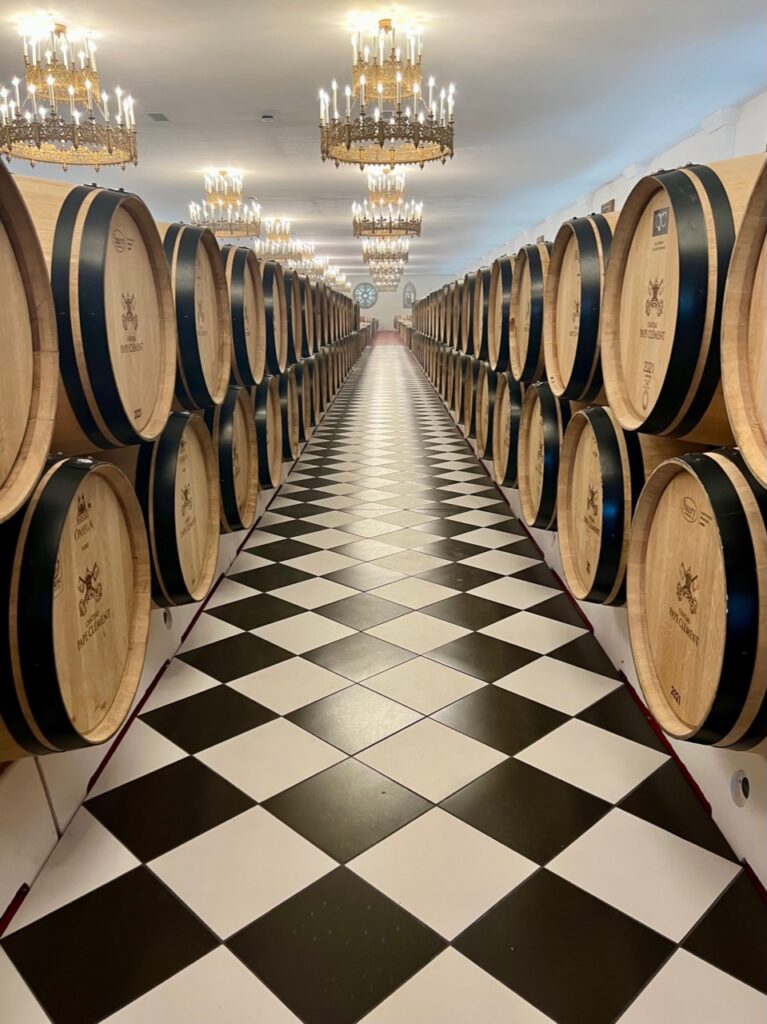
Offer a choice
Despite the open-mindedness of some guests, it’s highly likely that a significant portion will only stick to one type of wine, no matter the dish. The mistake would be to confiscate the wine served at the start of the meal because it doesn’t match the main course. Therefore, the pairing choices can be made at each guest’s discretion, avoiding bad combinations and difficult mornings after.
Consider the end of the evening
One of the golden rules at the end of a festive meal is to never mix fruit-based alcohols with grain-based alcohols. Therefore, it is important to avoid mixing wines and spirits such as whiskies, bourbons, gins, or sakes within a short period of time, to ensure that the guests’ bodies can properly metabolize everything. To stay in line with the theme of the evening, it’s best to opt for fruit-based digestifs such as brandies, cognacs, armagnacs, liqueurs, and so on.
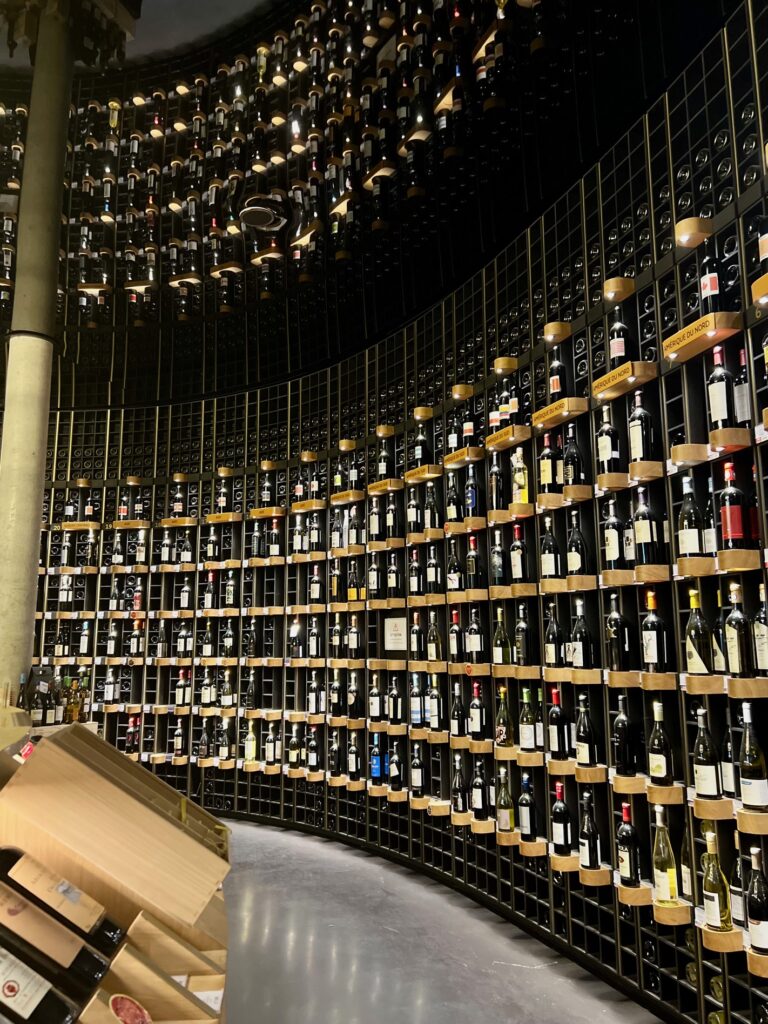
What about foreign wine ?
Choosing the perfect wine for a wedding can be a daunting task, but it’s important to remember that the right wine can set the tone for a truly memorable celebration. While there are many excellent wine options to choose from, don’t overlook the possibility of selecting wines from abroad. Here are some wine recommendations for foreign wines that can make a wedding even more special.
- Prosecco from Italy Prosecco is a sparkling wine that comes from the northeastern region of Italy. It’s light, refreshing, and perfect for toasting the newlyweds. Plus, it’s often more affordable than champagne.
- Rioja from Spain Rioja is a red wine from the Rioja region of Spain. It’s known for its bold, rich flavor and pairs well with grilled meats and hearty dishes. It’s a great option for a rustic or Mediterranean-inspired wedding.
- Riesling from Germany Riesling is a white wine that comes from Germany. It’s a versatile wine that can be dry or sweet, making it an excellent option for pairing with a variety of dishes. Plus, it’s a great choice for a summer wedding.
- Malbec from Argentina Malbec is a red wine that comes from Argentina. It’s a bold, full-bodied wine with a rich flavor that pairs well with grilled meats, stews, and other hearty dishes. It’s a great option for a winter wedding.
- Sauvignon Blanc from New Zealand Sauvignon Blanc is a white wine that comes from New Zealand. It’s known for its bright, refreshing flavor and pairs well with seafood and lighter dishes. It’s a great option for a beach or coastal wedding.
By incorporating some of these foreign wine recommendations into your wedding, you can add a touch of international flavor and make your special day even more memorable.
